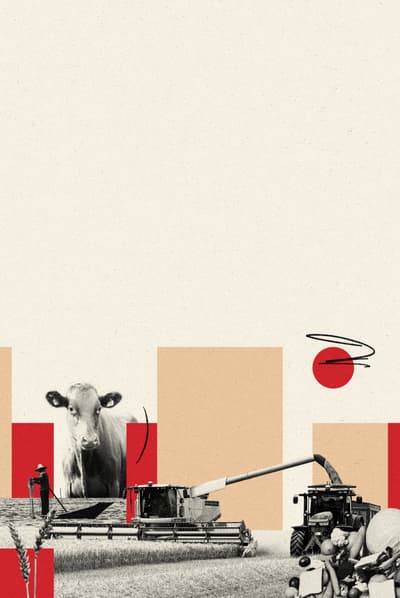Problem
Peatland ecosystems are essential for carbon storage, water management, and wildlife preservation, but they depend on wet conditions to function properly. In Siak, Indonesia, where 57% of the land consists of peatlands, peat fires remain a high risk every dry season. In 2015, peat fire was one of the biggest contributing factors to Indonesia’s carbon emissions and toxic haze, including from Siak. The 2015 fire destroyed more than 2.6 million hectares of forests and peatlands, leaving Indonesia with an estimated $16 billion in economic damage. The resulting haze infiltrated homes and workplaces, causing major illnesses for nearly half a million residents. The devastating fires also led to biodiversity loss and increased greenhouse gas emissions, impacting the global environment.
Peatfires in Siak are either caused by the abandonment of dry concession lands by big companies, or unsustainable slash-and-burn farming practices by small farmers. Although the Government has introduced stricter peat protection policies, local communities still struggle to find sustainable livelihoods that do not harm the peat ecosystem. Additionally, many communities face limited profit margins when selling raw materials from peat-friendly commodities, risking peat degradation as they turn to less sustainable practices.
Responses
Alam Siak Lestari (ASL), a community-owned enterprise in Siak, developed the Healthy Ecosystem Alternative Livelihood (HEAL) Fisheries program to create a value-added industry of native peatland species, mainly snakehead fish. Locally-cultivated snakefish were purchased by ASL, who then extract albumin from the fish using low-temperature steam distillation to produce a health supplement. By introducing a way to create value from a healthy peatland ecosystem, local communities in Siak are reportedly more inclined to stop unsustainable farming practices like slash-and-burn. Through a community-based business model, ASL enables villagers to become shareholders, fish cultivators, or production workers, ensuring direct financial benefits for the community. ASL also works together with local NGOs and the local Siak Government to raise public awareness on the importance of community involvement in peatland protection.
By 2023, the HEAL program reportedly helped safeguard more than 76 hectares of peatland in Siak. ASL aims to expand its impact by involving 10 fire-prone villages in their ecosystem by 2027, focusing on both raw material provision and peatland restoration. Within the next five years, they plan to introduce 20 peat-friendly products to the Asian market and engage around 500 local youths in this initiative, furthering their commitment to mitigating climate change through participatory approaches.
Find out more: Industrvs
